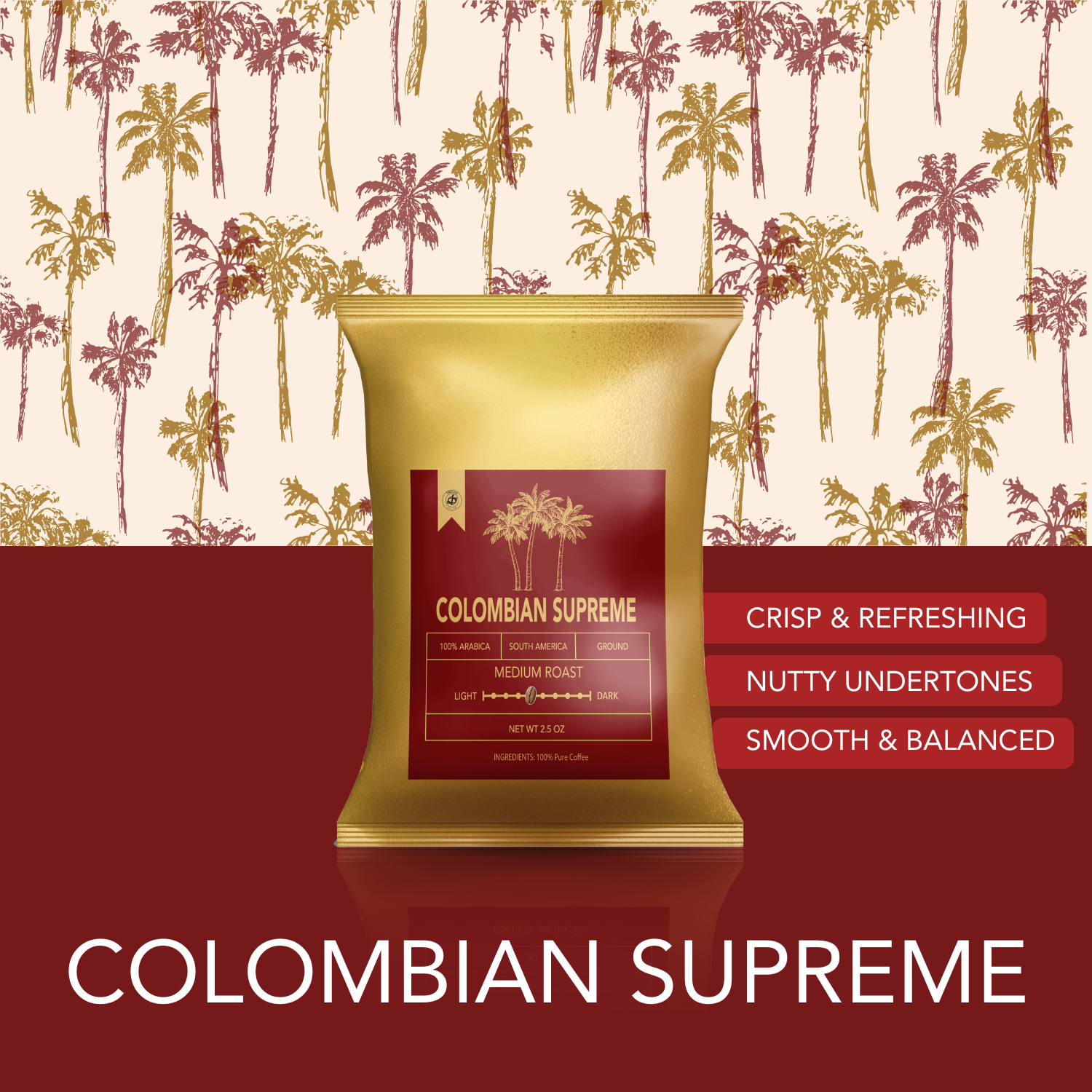
From the lush highlands of Ethiopia to the bustling cafes around the world, the history of coffee is a tale that intertwines cultures, commerce, and community. This aromatic beverage has become an integral part of our lives, but its origins and journey are nothing short of captivating.
Coffee History in Ethiopia
The history of coffee traces back to the ancient coffee forests of Ethiopia. Legend has it that a young goatherd named Kaldi discovered the magical effects of coffee beans when he noticed his goats becoming unusually energetic after munching on the red cherries from a certain plant. Intrigued by this, Kaldi tried the cherries himself and experienced a newfound vigor. This discovery eventually made its way to the local monastery, where the monks used the beans to create a drink that helped them stay awake during long hours of prayer and meditation.
The Discovery Spreads
The tale of the energizing beans reached the Arabian Peninsula, where the knowledge of cultivating and brewing coffee started to spread. By the 15th century, coffee had established its presence in Arabian cities, with the first coffeehouses becoming social and intellectual hubs. Known as "Qahveh Khaneh," these establishments were frequented by scholars, traders, and artists, fostering a culture of conversation and exchange of ideas over cups of invigorating beverage.
Coffee's Global Journey
Coffee's voyage wasn't confined to the Arabian Peninsula. In the 17th century, European travelers and traders brought the novel drink to the continent, resulting in the opening of the first coffeehouses in major cities like London, Paris, and Venice. These coffeehouses quickly became centers of intellectual discourse and gatherings, shaping the European Enlightenment and laying the foundation for modern cafe culture.

The Birth of Coffee Plantations
As the demand for coffee grew, so did the need for cultivation on a larger scale. The Dutch, recognizing the commercial potential, began cultivating coffee in their colonies, including Java (Indonesia). The French followed suit in the Caribbean and South America. By the 18th century, coffee plantations had spread across the tropical regions, marking the birth of global coffee industry.
Coffee Timeline
-
9th Century: Discovery of coffee beans by Kaldi in Ethiopia.
-
15th Century: Coffeehouses emerge in the Arabian Peninsula.
-
17th Century: Coffee reaches Europe, leading to the establishment of coffeehouses.
-
18th Century: Coffee cultivation expands to the Dutch colonies and the Caribbean.
-
19th Century: Coffee production spreads to Central and South America, including Brazil.
-
20th Century: Instant coffee is invented, revolutionizing coffee consumption.
-
21st Century: Coffee remains a beloved global beverage, with specialty coffee trends and sustainable practices gaining prominence.
The history of coffee is a rich tapestry that spans centuries and continents. From its humble beginnings in the mountains of Ethiopia to its worldwide popularity today, coffee has evolved into a cultural phenomenon that transcends borders and languages. Its journey from discovery to global industry is a testament to the power of human curiosity, innovation, and collaboration. So, whether you're a dedicated coffee lover or a curious student, exploring the captivating history of coffee is a journey worth embarking upon.






